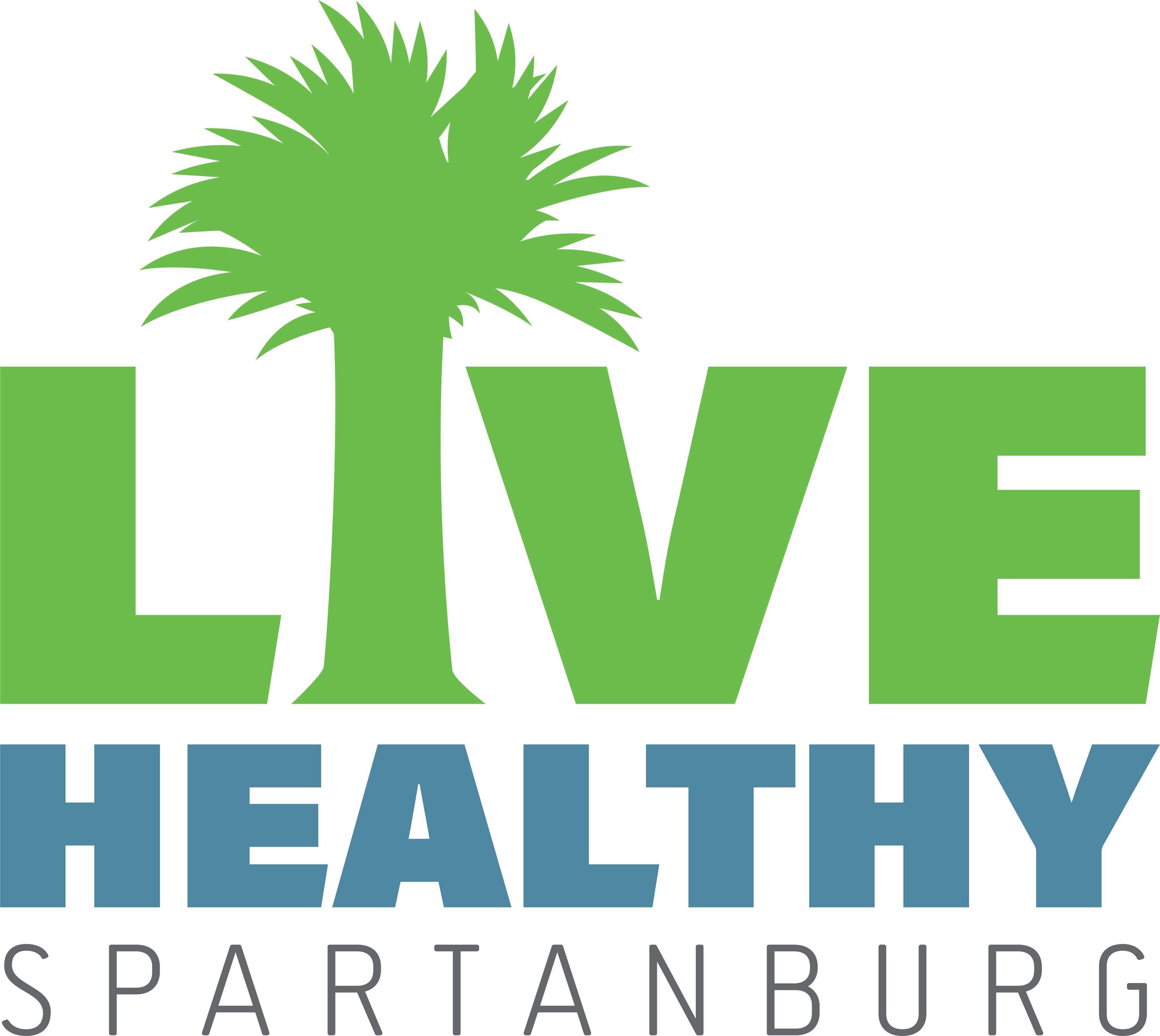Summer Newsletter
Greetings Coalition and Community Members!
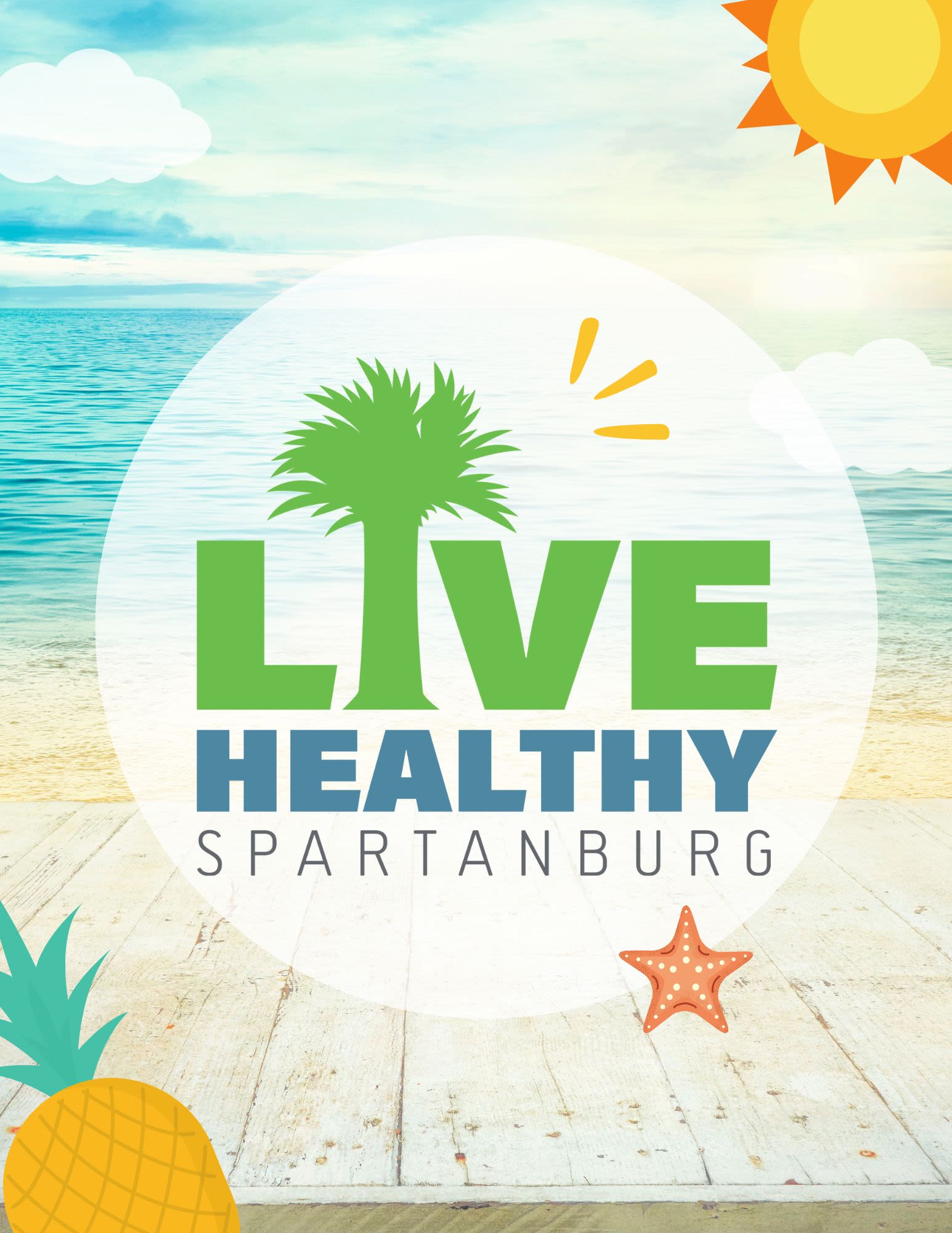
Dear Friends,
We hope you are having a wonderful summer, full of fun time with friends and family members.
It’s hot! But we hope you’re finding opportunities to get outside and enjoy one of Spartanburg County’s many trails and parks. Or maybe you’re staying active – and a tad cooler – at Dr. T.K. Gregg Center or one of our other local gyms and community centers.
With outdoor activities and time spent around water, the summer can be a dangerous time for children. We’re grateful for partners who help to keep children safe during summer months.
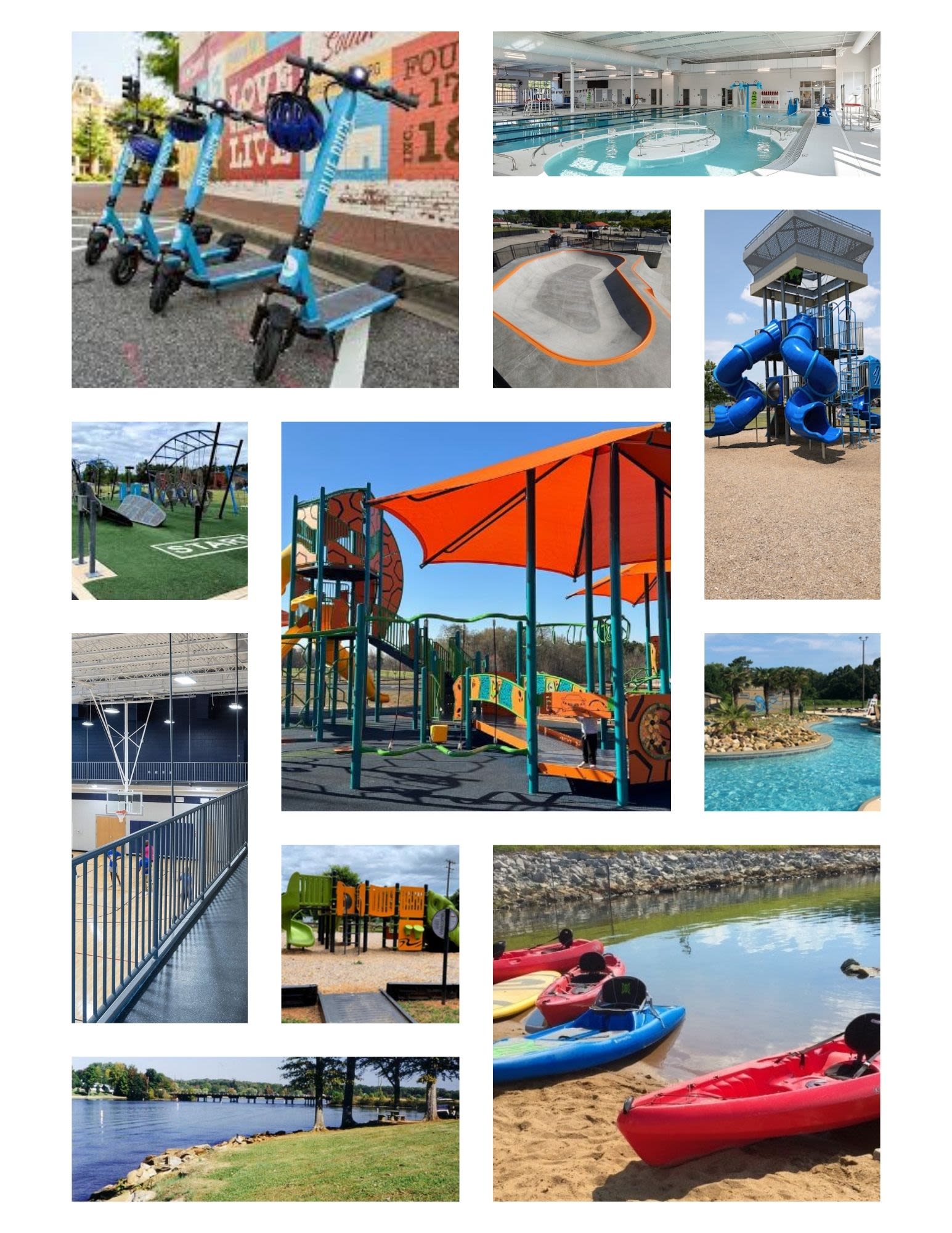
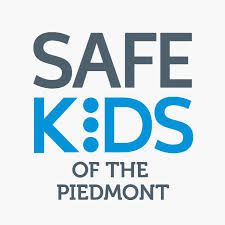
One key partner is Penny Shaw, who leads Safe Kids of the Piedmont.
According to Shaw, “We are in the 100 deadliest days of the year. This begins Memorial Day and ends Labor Day. During this time Safe Kids of the Piedmont encourages parents and families to do their best to protect their children from preventable injuries.”
She stresses that children riding around their neighborhood on bikes should always wear helmets. At lakes, kids should wear life jackets, and there should be a “water watcher” – an adult who keeps an observant eye out for potential safety issues.
Summer, of course, flies by. It will be back-to-school time soon. The start of school always brings more vehicles on the roads and more children and families on sidewalks and at crosswalks.
“It is very important to be diligent with no distractions while walking and driving,” Shaw said. “Put your phone down, and keep heads up, listening and watching for unsafe pedestrians as well as distracted drivers.”
For local upcoming events, visit Safe Kids of the Piedmont | Spartanburg Regional. For further safety tips and other information, check out the Safe Kids Worldwide website at www.safekids.org.
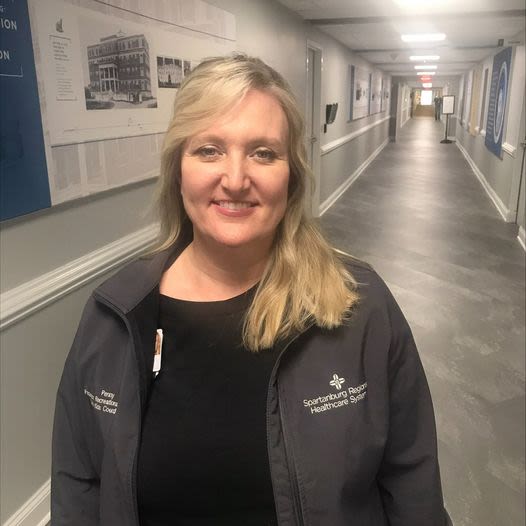
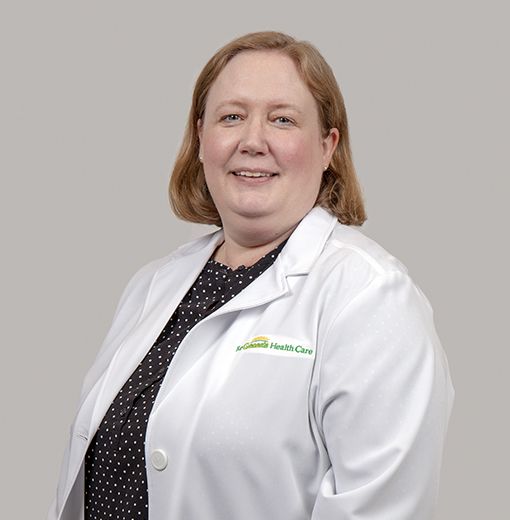

With back-to-school on the horizon, it’s also an important time to think about childhood vaccinations.
Dr. Shana Egge MD, who serves as Head of Pediatrics with ReGenesis Health Care reminds us that vaccines have played an important role in minimizing the impact of numerous diseases.
“Vaccines are extremely important in protecting our children from diseases that have killed or otherwise injured children throughout history,” she said. “Pediatricians today are very glad they do not have to deal with diseases like polio and measles that affected their patients in the past.”
Dr. Egge stressed that vaccines are important for schoolchildren in part because they spend so much time together in groups indoors. In such environments, germs can spread quickly.
“Having everyone vaccinated decreases the likelihood that an outbreak will occur,” she explained.
Because medical offices can be “overwhelmed at the beginning of the school year with vaccine requests,” Dr. Egge said, it’s important to start the process early.
For specific information on vaccines needed for children of various ages, she recommended that parents visit HealthyChildren.org or Immunize.org.
Finally, Dr. Egge added a general comment in support of efforts to vaccinate children against diseases.
“As pediatricians, our job is to keep children healthy and safe. We would not recommend vaccines if we were concerned, they weren't safe. Every pediatrician I know vaccinates their own children because we believe in the benefits of vaccines.”
For more information, visit Community Health Center - ReGenesis Health Care (myrhc.org)

The health of a community is closely linked to the educational attainment of its citizens. With this in mind, we are excited about the Re:Degree program – a special initiative aimed at helping more Spartanburg County residents earn a college degree.
Led by our partners at One Spartanburg, Re:Degree focuses on adults who have earned some college credit but did not manage to complete their education.
According to Re:Degree Director, Dr. Erin Smith, there are 48,000 adults in Spartanburg County have earned college credit but not attained a degree.
Their stories are diverse: Some ran into financial challenges and could not afford to continue their coursework. Others became busy with family life. There are those who were unfocused when they were younger but became more motivated later in life.
“We tell people, ‘Hey, we're here to support you throughout the process. What got in way first time? And how can help make sure doesn't happen again?’” Smith said.
Re:Degree can provide financial resources and other support services for those considering their return to college. A College Navigator works individually with aspiring students to customize a plan to move forward.
Support for Re:Degree comes from the Movement 2030 initiative, led by the Spartanburg Academic Movement. Its broad goal is to promote educational attainment, including higher education, in Spartanburg County.
As Smith said, completion of a college degree “promotes economic mobility for individuals as well as access to broader career opportunities.
“It also promotes overall economic development,” Smith added, explaining that a better-educated workforce will help to make Spartanburg more attractive for businesses.
Live Healthy Spartanburg is excited about Re:Degree – we look forward to seeing how its success benefits participants and our community as a whole.




2024 Spartanburg Community Health Needs Assessment
CHNAs are essential for understanding the health needs of a community, developing targeted interventions, promoting health equity, and fostering collaboration among stakeholders and residents. They play a crucial role in improving the overall health and well-being of communities.
Let's build a community of health – together!
www.LiveHealthySpartanburg.org
